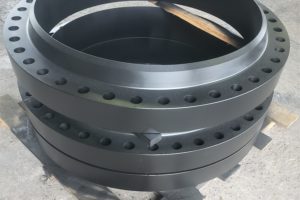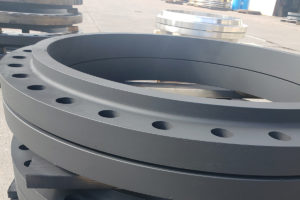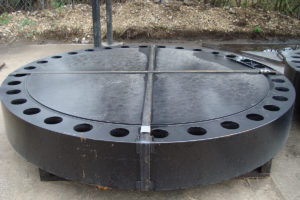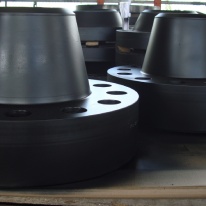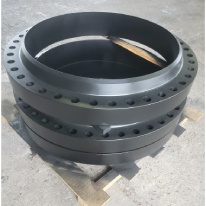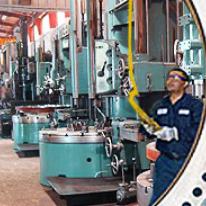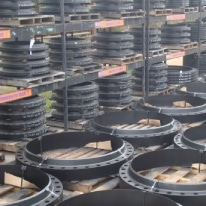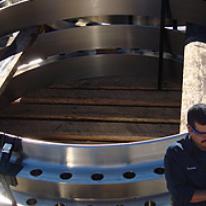 Coastal Flange supplies various industries including petrochemical and processing, oil and gas, and water works. Petrochemical and refineries utilize pipe flanges for crude oil and natural gas applications. Petrochemical refineries use a wide variety of industrial flange types for the distillation of crude oil, petroleum gasses, and assorted chemicals consumed by the industry.
Coastal Flange supplies various industries including petrochemical and processing, oil and gas, and water works. Petrochemical and refineries utilize pipe flanges for crude oil and natural gas applications. Petrochemical refineries use a wide variety of industrial flange types for the distillation of crude oil, petroleum gasses, and assorted chemicals consumed by the industry.
The petrochemical trade refers to the American Society of Mechanical Engineers (ASME) and American National Standards Institute (ANSI) committees for guidance and specifications. ASME/ANSI B16.5 is universally recognized for a diverse assortment of applications. Commonly used materials include carbon, stainless, and alloy steels. Pressure classes range from 150 to 2500 class ratings. Flange faces are usually raised-face (RF), flat-faced (FF), and ring-type joint (RTJ).
The top 3 Flanges used in the petrochemical industry are weld necks, slip-ons, and blinds:

